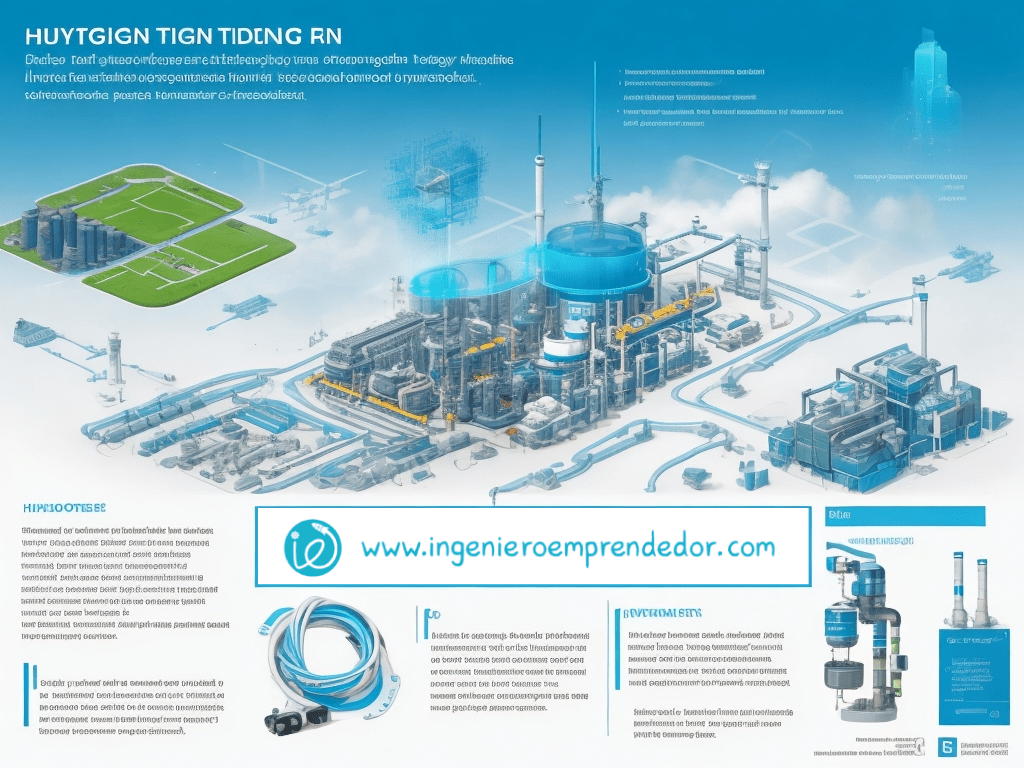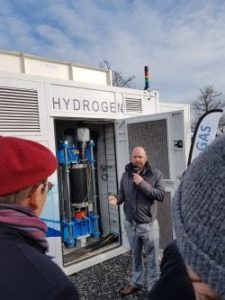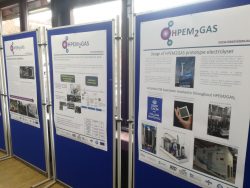The Infinite Possibilities of Hydrogen: What Can Be Produced with This Versatile Element

Introduction
Hydrogen, the most abundant chemical element in the universe, is a versatile source of energy and essential materials. In this article, we will explore the various applications and products derived from hydrogen, from energy generation to the chemical industry and beyond. Join us on a journey through the infinite possibilities of hydrogen.
1. Hydrogen as Fuel
One of the standout applications of hydrogen is its use as a fuel. Fuel cell vehicles, such as cars and buses, utilize hydrogen as an energy source to power electric motors, producing zero emissions harmful to the environment.
Technical Insights: Fuel cells convert hydrogen and oxygen into electricity, releasing only water as a byproduct.
2. Energy Storage
Hydrogen plays a crucial role in energy storage. It allows for the accumulation of energy generated from intermittent sources like solar and wind, for later use. This helps stabilize the electrical grid and ensures a constant energy supply.
Technical Insights: Hydrogen can be compressed or liquefied for efficient storage and is retrieved when needed.
3. Chemical Industry
Hydrogen is an essential component in the chemical industry. It is used in the production of ammonia, methanol, and numerous chemicals. It is also employed in petroleum refining to remove impurities and enhance fuel quality.
Technical Insights: Hydrogen combines with nitrogen to form ammonia, a precursor for essential fertilizers.
4. Metallurgical Sector
In the metallurgical sector, hydrogen is used in the reduction of minerals, especially in the production of steel and non-ferrous metals. Its high reactivity makes it an effective reducing agent.
Technical Insights: Hydrogen reacts with metal oxides to release pure metals in reduction processes.
5. Electric Power and Heat Generation
Hydrogen fuel cells are used for electricity and heat generation in stationary applications. This includes energy production for homes and commercial buildings, as well as industrial applications.
Technical Insights: Fuel cells convert the chemical energy of hydrogen into electricity with high efficiency.
6. Rocket Fuel
Liquid hydrogen is used as rocket fuel in space rockets and launch vehicles. Its high energy density and efficiency make it an ideal choice for space propulsion.
Technical Insights: Liquid hydrogen combines with liquid oxygen in rockets to produce a powerful reaction that propels spacecraft.
7. Production of Green Hydrogen
Green hydrogen is produced from renewable energy sources through a process called water electrolysis. It is a clean and sustainable fuel that is increasingly used in various applications, from transportation to energy generation.
Technical Insights: Water electrolysis uses electricity to break water into hydrogen and oxygen, with zero carbon emissions.
8. Hydrogen Storage and Transportation
For hydrogen transportation and storage, high-pressure cylinders and cryogenic tanks are used. Efficient logistics are crucial to ensure hydrogen availability in various applications.
Technical Insights: High-pressure or cryogenic storage of hydrogen is essential for its distribution and use.
9. Future Applications
Hydrogen continues to evolve and is considered a key solution for decarbonizing various sectors, including aviation, maritime transportation, and steel production. Its potential as a sustainable energy carrier is being increasingly explored.
10. Conclusion
Hydrogen is a versatile element with a wide range of applications, from energy production to the chemical industry and transportation. Its role in transitioning to a cleaner and more sustainable future is undeniable. As we move toward a low-carbon economy, hydrogen will play a crucial role in building a cleaner and energy-efficient world.

























